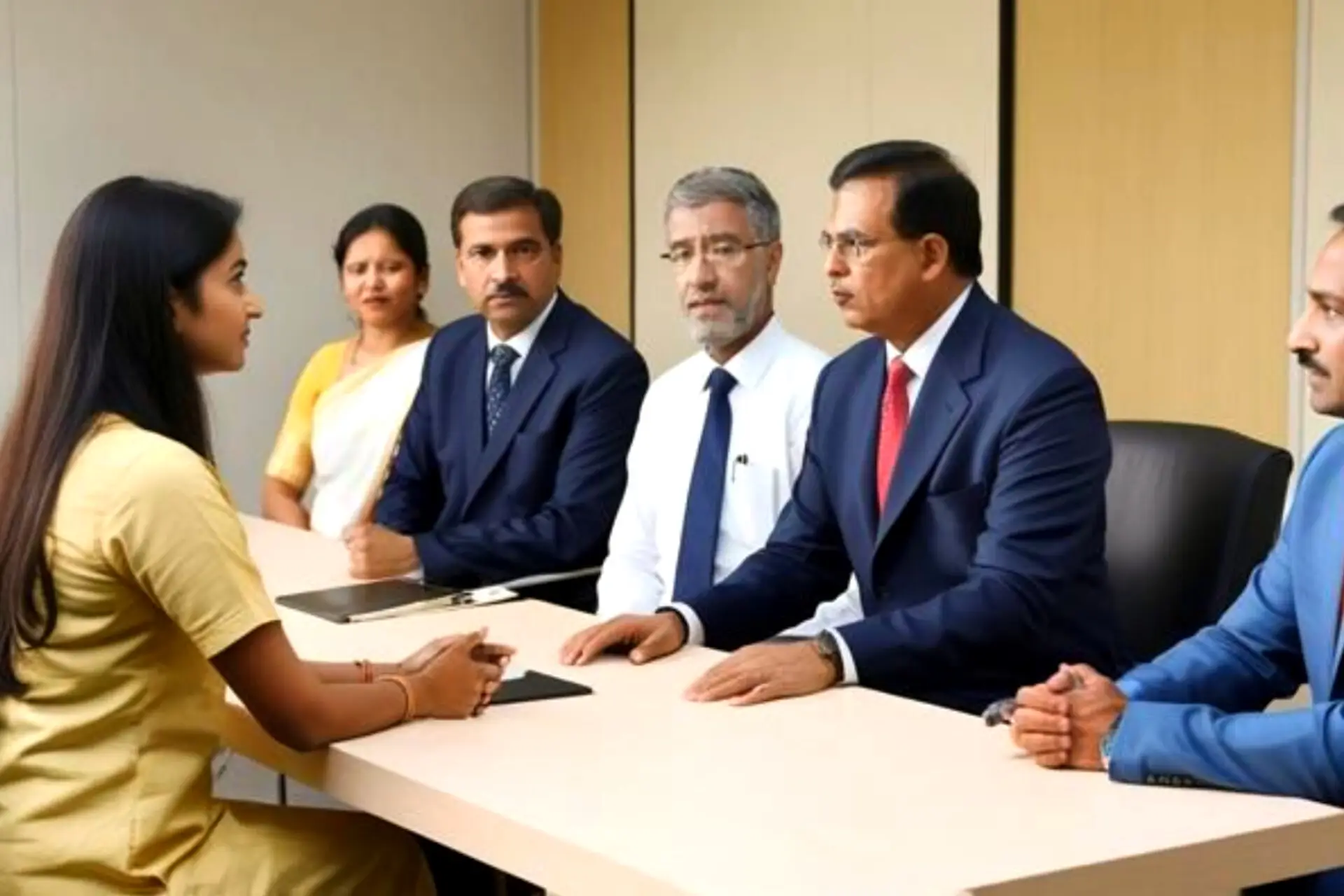In a UPSC (Union Public Service Commission) interview, also known as the Personality Test, candidates are evaluated on various aspects to determine their suitability for a career in civil services in India. The interview assesses not only a candidate’s knowledge but also their personality traits, communication skills, and overall demeanor. Below are five types of questions commonly asked in a UPSC interview:
1. Background and Personal Questions
These questions focus on the candidate’s personal history, such as their education, family background, hometown, and work experience. The purpose is to understand how the candidate’s upbringing and experiences have shaped their perspective and prepared them for a role in civil services.
- Example: “Tell us about your educational journey and how it has prepared you for a career in civil services.”
2. Current Affairs and General Knowledge
Candidates are expected to have a strong awareness of recent events, government policies, and international relations. These questions test the candidate’s ability to stay updated and their understanding of issues relevant to governance and public administration.
- Example: “What is your opinion on the recent economic reforms introduced by the government?”
3. Opinion and Views on Issues
Interviewers often ask candidates to share their thoughts on social, economic, or political topics. This type of question evaluates critical thinking, clarity of expression, and the depth of the candidate’s understanding of complex issues.
- Example: “What are your views on the role of technology in governance?”
4. Situational and Hypothetical Questions
These questions present hypothetical scenarios or challenges a civil servant might encounter. They are designed to assess the candidate’s problem-solving skills, judgment, and ability to make decisions under pressure.
- Example: “If you were posted as a District Collector in a region facing severe drought, what steps would you take to address the situation?”
5. Motivation and Aspirations
This category explores the candidate’s reasons for pursuing a career in civil services and their long-term goals. It helps the interviewers gauge the candidate’s commitment, passion, and vision for contributing to public service and nation-building.
- Example: “Why do you want to become a civil servant, and how do you see your role in nation-building?”
These five types of questions collectively provide a comprehensive evaluation of a candidate’s readiness for the responsibilities and challenges of a career in the Indian civil services. Preparing for such diverse question types requires a blend of self-awareness, knowledge, and analytical thinking.

